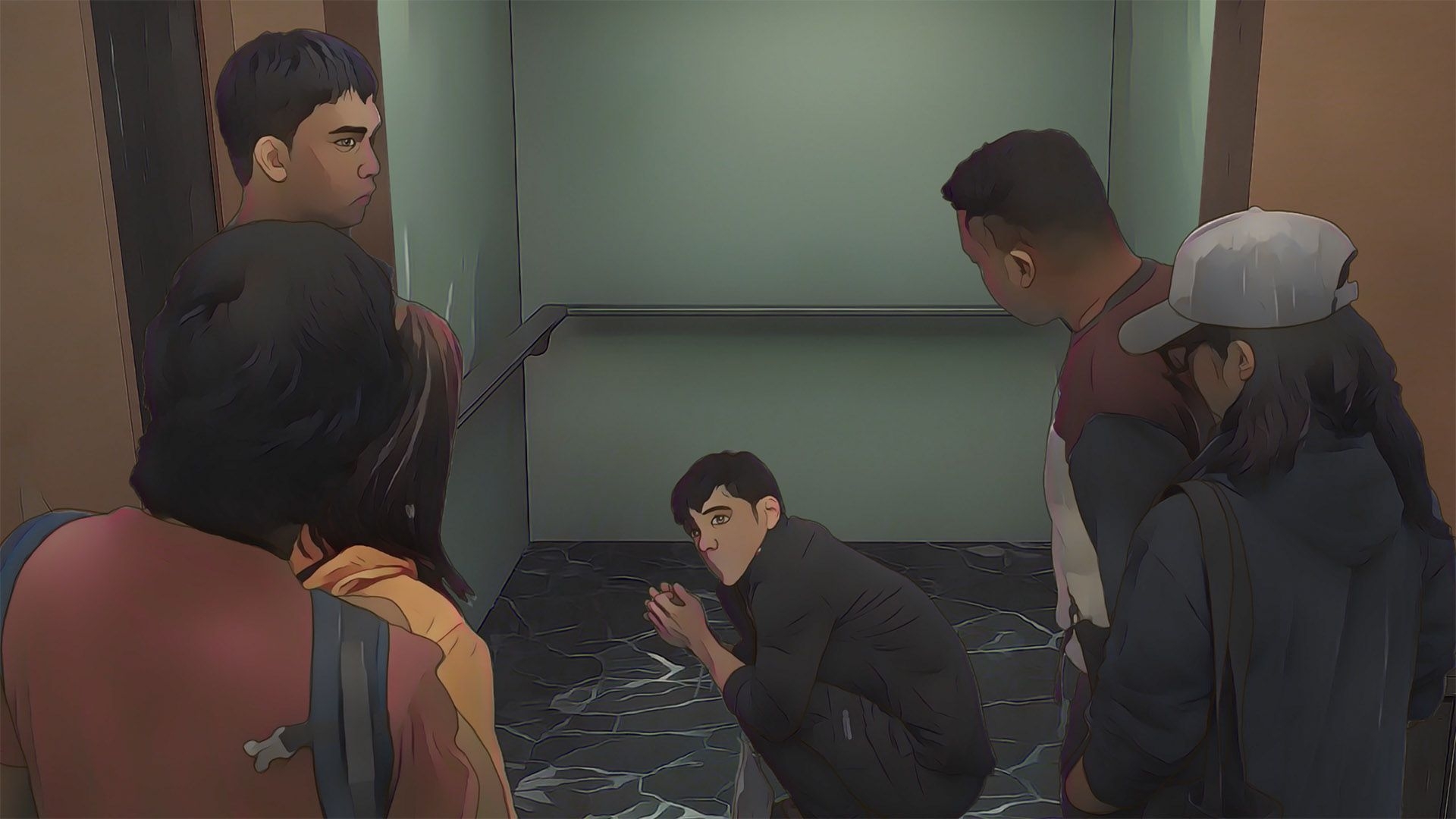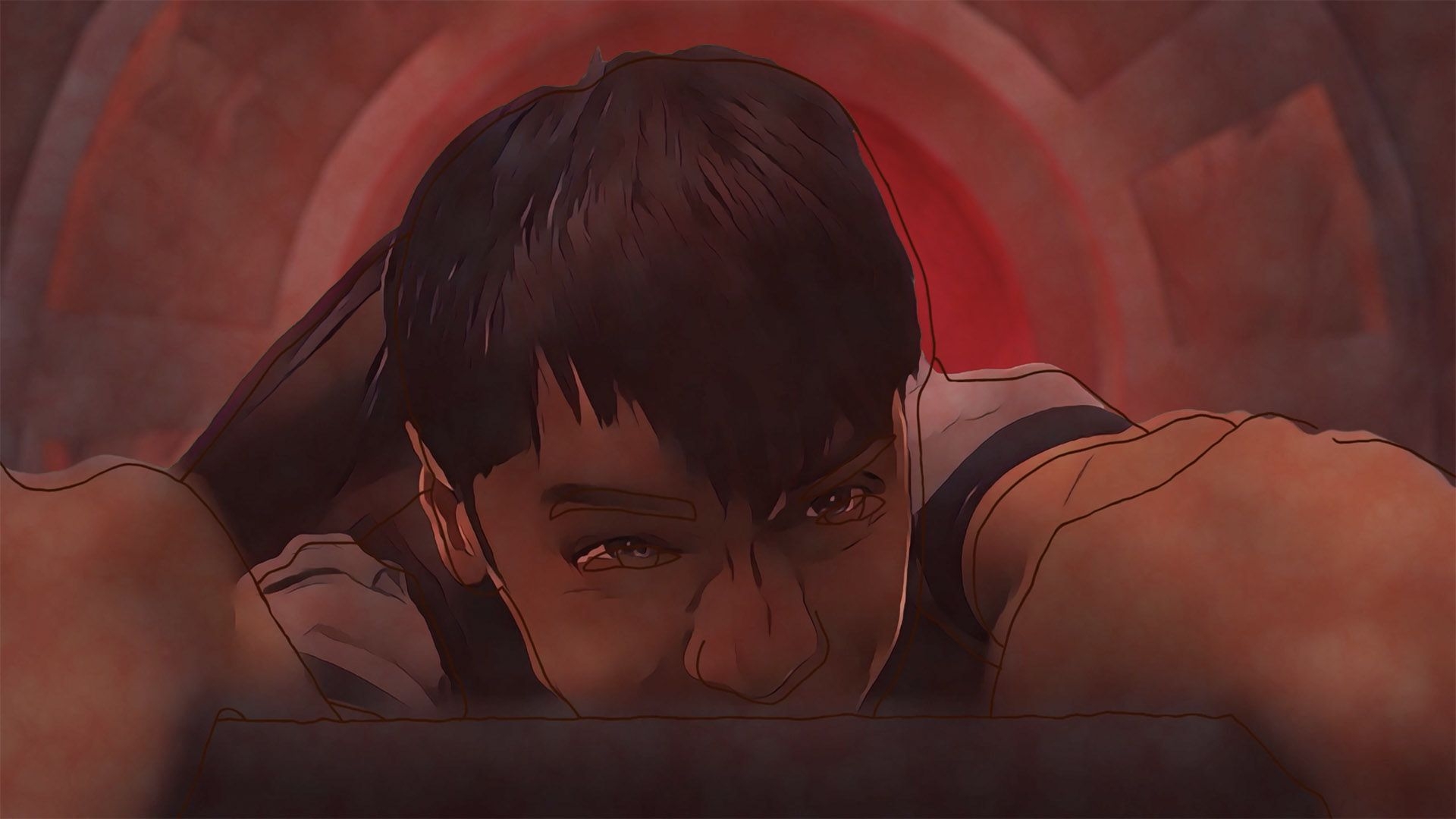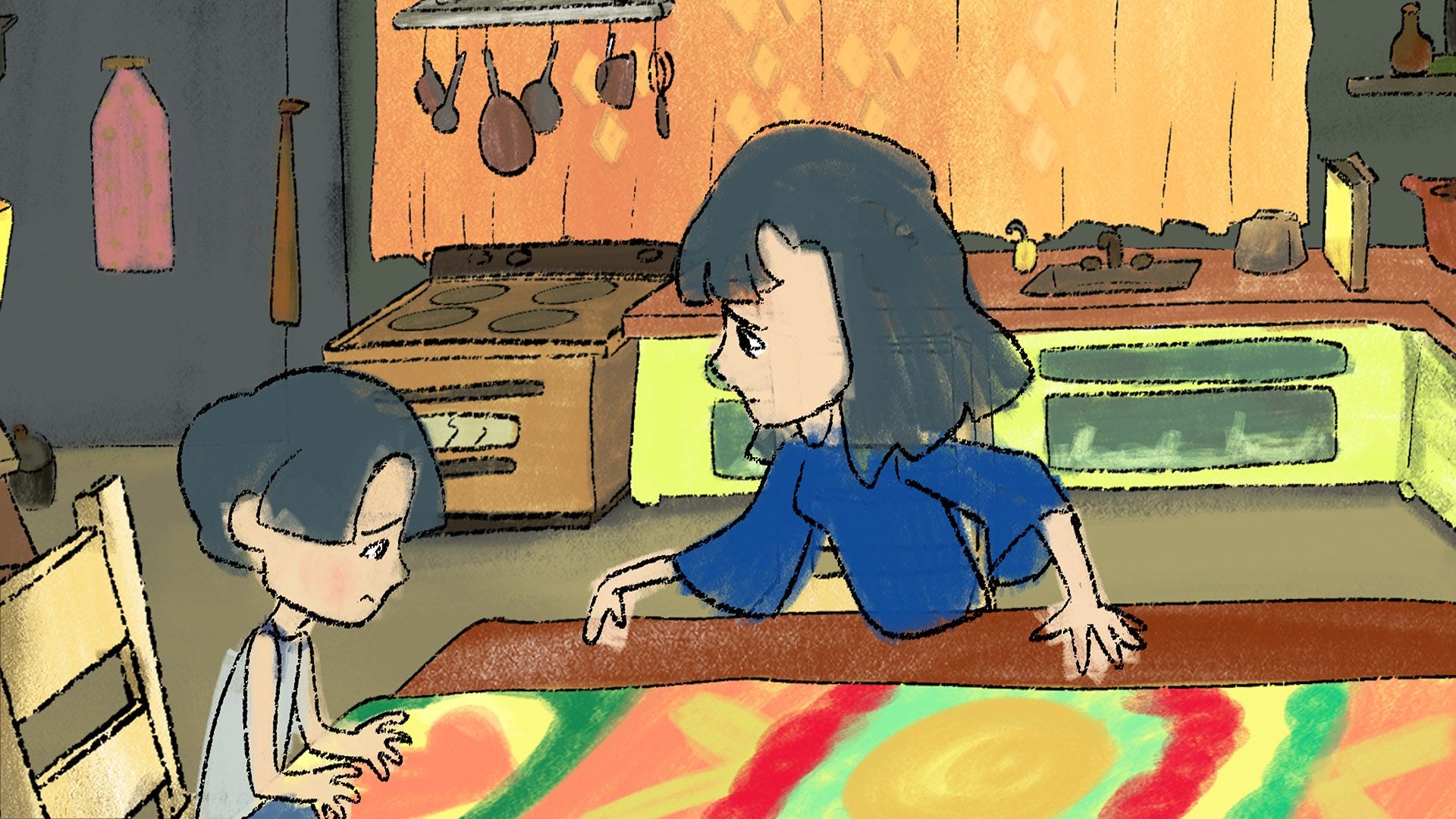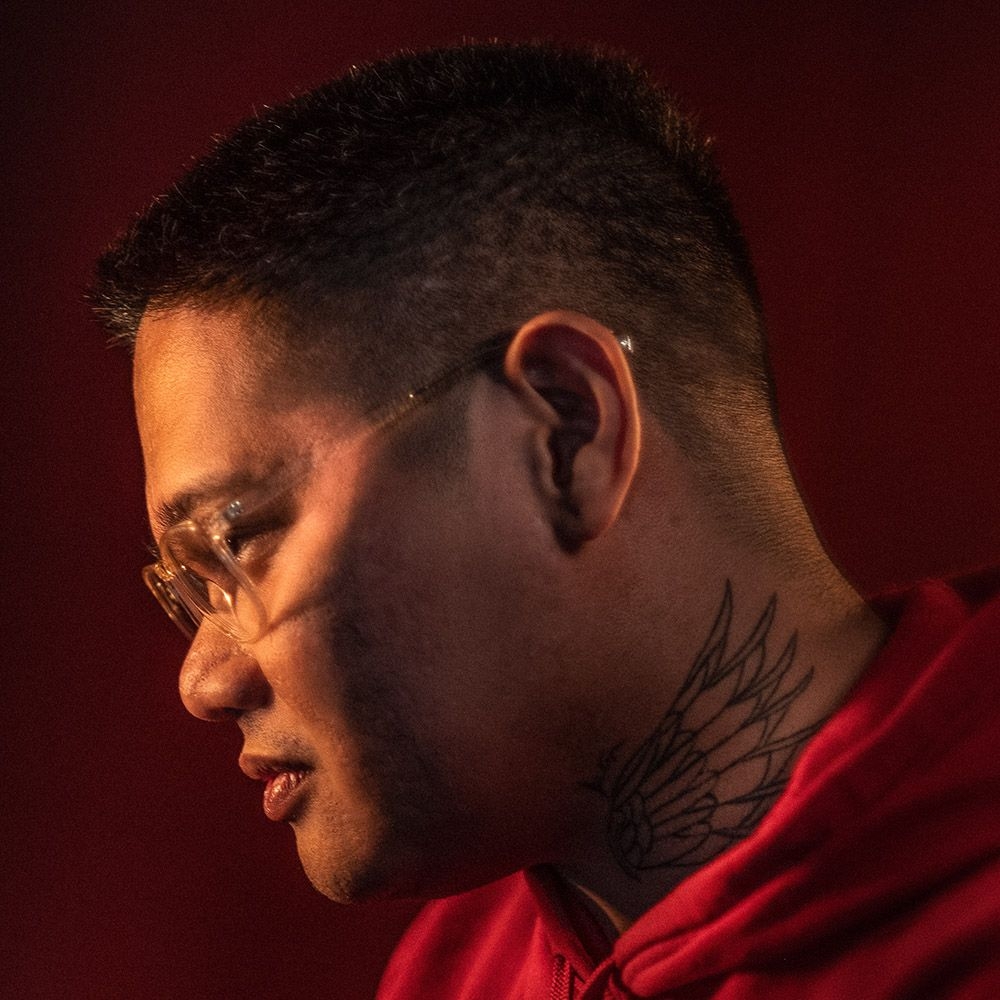
Read the interview with Carl Joseph E Papa, the young director from the Philippines!
As a self-taught artist, Carl Joseph E Papa uses various animation techniques to tell personal and difficult stories. The Missing is his latest animated movie that revolves around abuse and its consequences.
Christof Uisk talked with him about the diverse nature of animation and himself.

You’ve been touring a lot for showings of The Missing. How has the reception been so far?
The reception for the film has been great and warm so far. People seem to be receiving the film well. We intended for the film to enable some viewers to speak their truths. We have had screenings where some people come to me and share their stories. It is a bittersweet feeling. It is good that they are opening up, but I am sad that they experience something grim in their lives. I wish I could help them more.
You’ve said that you switched to film making on your final year of studying to become a software engineer. Had you already been in contact with animation by that point?
Actually, I still do software engineering as my day job. It's because of it that I was able to buy my own camera and to finance my passion which is to tell stories. I grew up watching a lot of films, a lot of animated films, a lot of anime; all of those inspired me to pursue filmmaking. I never really formally studied animation or filmmaking, I just drew a lot, watched a lot and read a lot. The films are my teachers. Youtube is my university haha. I took up some seminars on storytelling and editing, but that's pretty much it.
As for animation, I just studied on my own as well. I remember I was in college when I first saw Waking Life and I was stunned! I wanted to study it. I did massive research on it, and when I was able to save up enough money from work, I bought a Wacom tablet, a good enough computer and I just started drawing like crazy.
You used two styles of animation – rotoscope animation for the present sequences and traditional animation for the sequences in the past. How does rotoscope animation work and how did you achieve the seamless transition between animation styles?
There are two animation styles that we used for the film: Rotoscope animation and traditional 2D hand drawn animation. From the get-go, I wanted the animation styles to have meaning in the film; for them to have a reason why it’s presented that way. The present timeline is rotoscope animation, wherein we shoot everything first, then we process/trace everything frame by frame. Rotoscope animation evokes a feeling of confusion: you question whether things are real or not. That is what Eric is feeling in the film, that’s what he is going through. The second style, the hand drawn animation is used for flashbacks. I wanted those scenes
to feel like they are memories of someone that are stuck in childhood; to evoke a feeling of nostalgia.
Do you think there are some stories that can be told better as live action compared to animated films? Or is there no limitation in your opinion?
I think there are no limitations. Your selected medium should (1) Have a reason why it’s the best way for the filmmaker to tell the story (2) compliment the story (3) deliver the message the film is trying to impart.
From your experience, do you think people still have a predisposition to assume that animated films do not revolve around adult themes?
Yes. I think for the longest time, animation is deemed as something for a younger audience. But I think we are at a time that there is a shift in perspective. There is a growing number of adult themed animated films that are being welcomed well by the audience.
You’ve said that you do not venture beyond what you know when making movies. Is that because you feel that this is what you know best and enables you to tell a truly unique and personal story?
From what I have done and told so far, yes, I did not go beyond what I know. Being very close to the subject matter or the story makes you some kind of “Information Expert” wherein you know everything about the story. It enables you to be more sincere.

Understandable. Do you see that at one point you would make a movie about a topic that is not related to you personally?
Yes. Definitely. ;)
You do not have a formal education in film making so perhaps you feel more free to move between different mediums. Do you feel like you would want to tell stories in other art mediums as well, like stage plays?
Yes! Oh, I would love to do stage plays in the future. Actually, I talked with Gio Gahol (actor who played Carlo in the film), he is a theatre actor in the Philippines. I want to adapt “The Leaving” (my second animated feature film) and possibly make it a theatre Musical. Here’s hoping that we do that in the future.
If you could tell the audience in Haapsalu one sentence to draw them to watch the film, what would it be?
Join Eric embark on a journey to combat his alien and find The Missing.
